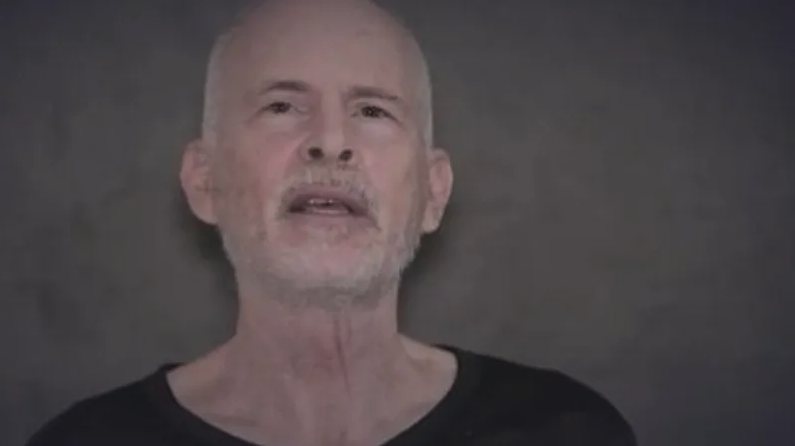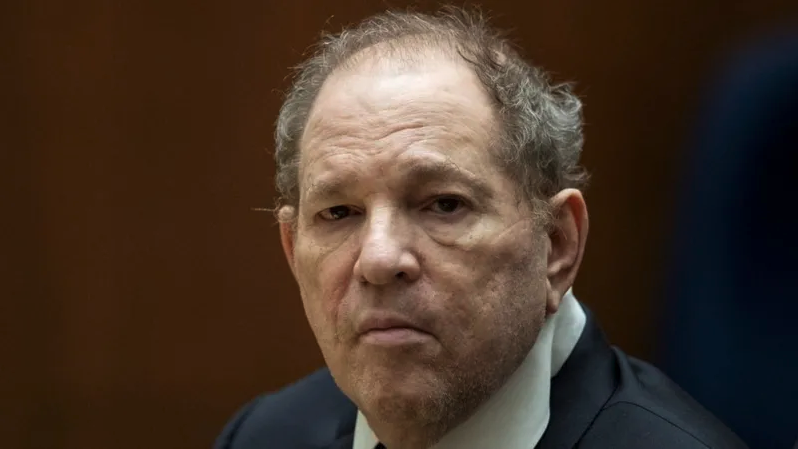Cenored marketing officer Charles Matengu said yesterday that the deal signed last week does not mean consumers’ tariffs would be increased or decreased.
“We have already increased our tariffs in July this year. When you increase tariffs, utilities don’t decide. You apply to the Electricity Control Board,” he says.
Speaking at the signing ceremony, Cenored chief executive officer Robert Kahimise said power plant capacity will now also be increased from a 5MW peak to an 11MW peak with an integrated 3MW power.
Kahimise said the new conditions will also see the parties to the power purchase agreement renegotiating the indexation every five years to ensure a win-win rate reflective of the prevailing economic conditions and energy pricing trends.
According to Kahimise, the revised market rules for the electricity supply industry (ESI) were implemented on 1 September 2019, following Cabinet approval.
“The modified single-buyer market model brings the opportunity for the REDs as registered contestable customers to find alternative energy supply sources to ensure we offer tariffs that are competitive and sustainable for our customers,” Kahimise said.
He said in line with the change in the market, Cenored has had its renewable energy policy approved by the board of directors, with a clear intention to attract an integrated renewable energy plant that could offer a certain level of baseload power that will allow Cenored to shave off peak demand with NamPower.
“Following this milestone, Cenored managed to solicit expressions of interest in a two-stage procurement with the aim of procuring additional 10 megawatts of renewable energy. This process is ongoing and will be completed before the end of 2022,” he said.
“Cenored entered into a 25-year power purchase agreement with the then HopSol Africa in which HopSol as an independent power producer engineered and constructed a 5MW peak solar park at the outskirts of Otjiwarongo,” he said.
Kahimise said although this was a great milestone within the electricity supply industry, it became apparent over the past six years that the tariff became unaffordable or more expensive than the same amount of energy procured from the bulk supplier.
“For this reason, negotiations started with Anirep to reduce the escalation from the consumer price index of +5% to the consumer price index,” he said.
He said despite this achievement for which they are grateful to Anirep, the cost of electricity from the Otjiwarongo solar plant remained high, incurring a loss of N$5 million per annum on Cenored.
“It should be noted that the parties to the agreement have placed the interest of the public and consumers at heart and will ensure sustainable business to both Anirep and Cenored in the long term,” Kahimise said.
Stay informed with The Namibian – your source for credible journalism. Get in-depth reporting and opinions for
only N$85 a month. Invest in journalism, invest in democracy –
Subscribe Now!






